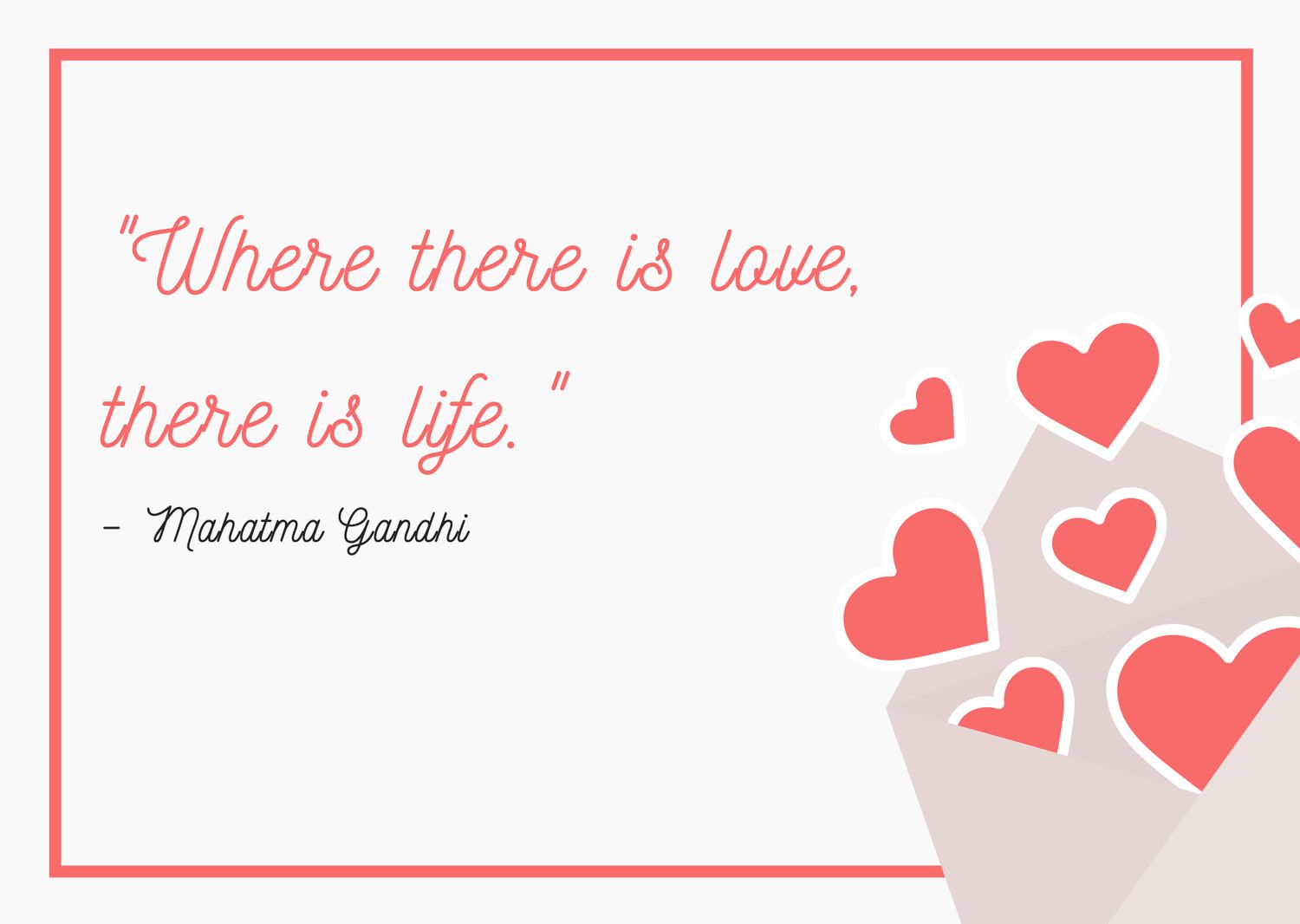By Evridiki Fatolia,

The love-politics of black feminism creates a public culture built on a collective “public feeling” of love, or what Jordan refers to as “a steady-state deep caring and respect for every other human being, a love that can only derive from a secure and positive self-love” (Jordan 2003, 272). Love, then, is a self-practice, a self-labor that serves as the foundation of political communities based on a radical ethic. Such allegiance to the present is suspended by black feminist love-politics, which recognises that altering the grammar of our contemporary political moment will not free us from the script that is always already in place. Instead, practitioners of love politics see a society governed by love, by a radical embracing of difference, by a group of subjects who work on/against themselves to work for one other. Of course, dreaming does not suspend labour; black feminist love-politics practitioners have always believed that the radical future necessitates certain types of very hard work, pushing beyond our investments in selfhood and sameness and towards collectivities and possibilities. This view also does not ignore the numerous ways in which power and institutions of dominance act on and against bodies in both mundane and dramatic ways. It is a critical response to ordinary violence and the existence of inequality that calls for imaginative politics.
Finally, black feminist love-politics provides a break from the identitarian political labour so frequently connected with black feminism. The lengthy labour of love-politics in black feminism uncovers an understudied black feminist political heritage and emphasises the significance of not restricting black feminist work just to intersectional work. In doing so, this research seeks to challenge a wider trend in feminist theory that relegates black feminism to the category of feminisms-past, feminisms that are problematically (and anachronistically) associated with identity. Second, reading the long-standing concern in affect in black feminism reveals that the roots of the “affective turn” are significantly more diversified than commonly theorised. Despite the fact that affect theory and queer theory are closely linked, the labour of building political communities around “public feelings” and “communal affect” has been a black feminist investment for decades. Eventually, understanding black feminism’s love-politics takes up Hardt and Negri’s call to support a “politics of love.” Indeed, black feminism’s visionary love-politics turns a phrase like “where is the love?” from a personal concern about romantic love into a political cry for transcending the self and reshaping the public space.
References
- Jennifer C. Nash; Practicing Love: Black Feminism, Love-Politics, and Post-Intersectionality. Meridians 1 December 2020; 19 (S1): 439–462
- Conley, T., Gusakova, S., & Piemonte, J. (2018). Love Is Political: How Power and Bias Influence Our Intimate Lives. In R. Sternberg & K. Sternberg (Eds.), The New Psychology of Love (pp. 117-137). Cambridge: Cambridge University Press.




